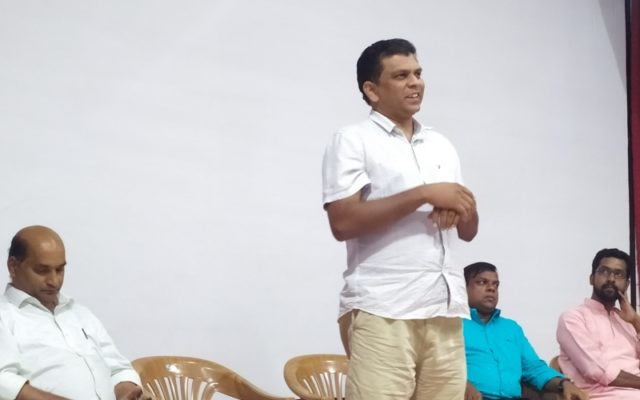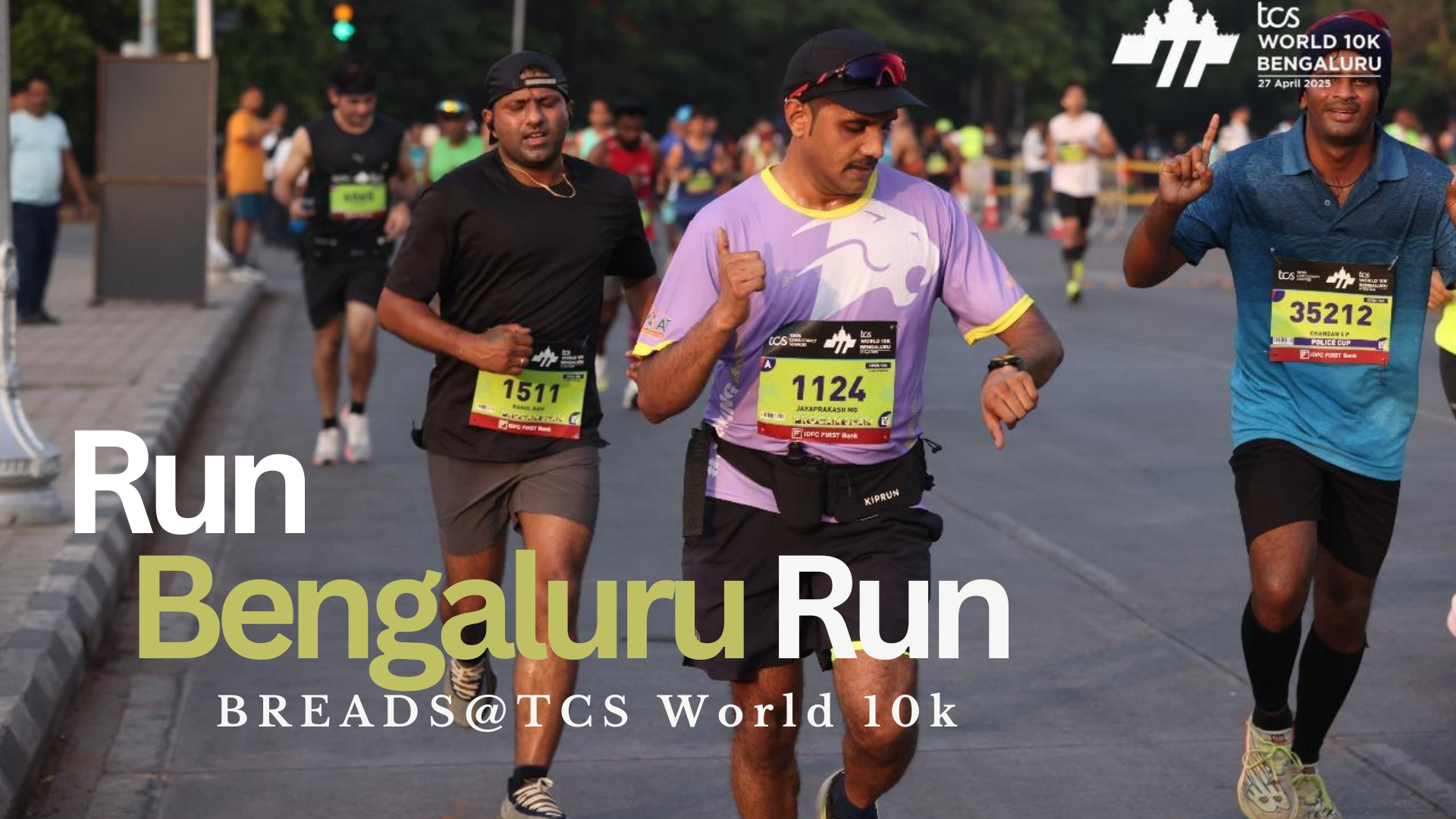Kerala Interstate Migrants Alliance for Transformation (KISMAT) has been intervening in the lives of the interstate migrants across Kerala by setting up Migrant Help Desks (MHD) in eleven districts to plan and implement development activities. They provide various support services and legal assistance to migrant labourers, mobilising especially those isolated and marginalised. To ensure effective execution of the project, Don Bosco institutions across the selected districts have partnered with BREADS. All the activities are centrally coordinated and replicated across the state through the state office at Don Bosco Veedu, Trivandrum.
After the first year of successful implementation, with numerous types of impacts and critical developments, the project stakeholders took a pause to reflect on the last eighteen months. The evaluation meeting of the sixth quarter of KISMAT was organised by DB Veedu, Trivandrum on the 2 & 3 February 2020 at Don Bosco College, Sultan Bathery.
The inauguration of the meeting commenced with a short prayer on the first day. Fr. Thomas – Rector, DB Sultan Bathery, Fr. Sojan- HOD Social Work, DB College, Sultan Bathery, Fr. Jeeson- Director MHD Kozhikode, Fr. Thomas P.D- Director DB Nivas, Trivandrum, Fr. Tony Varghese- State Director, KISMAT and 11 Project Coordinators were present. Ms. Sandhya- the State Coordinator welcomed the group; after which, Fr. Tony introduced the meeting objectives. Fr. Sojan inspired the coordinators about social work practice and its importance among migrant workers. He urged the coordinators to read more journals, articles and books related to migration which would enhance their knowledge and guide them in their practical work among the migrants. He also advocated that KISMAT should become a replicable model for the entire state of Kerala. He reiterated that documentation of every small activity/component is as important as doing the work itself. Social justice, competence, integrity, network rapport and keeping up with the science of the times are also important factors.
Across two days, the project coordinators presented reports on the activities, strategies and progress of the project in their respective MHDs in the district. The drawbacks and geographical challenges of each district were discussed and workarounds identified. The State team presented a consolidated report on the impact and outcomes of KISMAT. Discussing the way forward, the project teams were guided by the State team on the changes to be adopted for making critical impact on the lives of the migrants. In the coming months, the team decided to focus on the formation of Panchayat-level Migrant Welfare Committees in all the eleven districts to create a complete database of the migrants at the local police stations, and ensure a clean, healthy and dignified life for the interstate migrants.





